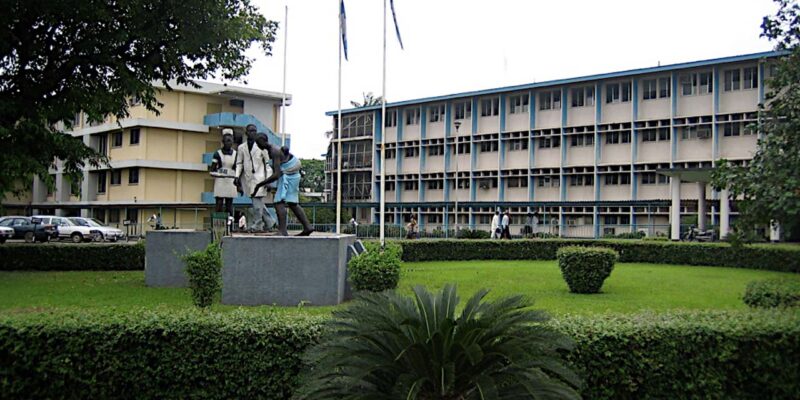Nigeria’s hospitality sector is set for significant growth, with industry revenue projected to reach $2.61 billion by 2029, according to a new real estate market report released by Ubosi Eleh & Co.
The report highlights the sector’s resurgence, driven by a combination of increasing domestic tourism, renewed investor confidence, and a full return to in-person business and leisure activities post-COVID-19.
“By 2029, the projected market revenue will be in the range of US$2.61 billion, with the number of users in the hotel market expected to surpass 18.78 million,” the report stated. “Simply put, the hospitality industry continues to have a positive and dynamic outlook for years to come.”
Following the pandemic-induced slowdown, hotel bookings have steadily rebounded. However, rising inflation and the high cost of operations have pushed up room rates across the country, with analysts predicting an additional 5 to 10 per cent increase in major hotels over the coming years.
Referencing data from Statista, the report noted that Nigeria’s hospitality industry is expected to generate $1.67 billion in revenue by the end of 2025, with a projected annual growth rate of 11.75 per cent between 2025 and 2029.
The return of conferences, seminars, and workshops — key revenue streams for hotels — has also contributed significantly to the sector’s recovery.
Lagos Leads the Pack
Lagos remains the largest hospitality hub in the country, boasting over 3,300 hotels and an estimated 70,000 available rooms. International hotel brands continue to dominate the market in terms of patronage and brand recognition.
The BON Hotels Group, which currently operates 10 hotels in Nigeria, is leading the charge in expansion. The group plans to add 22 new hotels and serviced residences across strategic cities, including Kano, Ibadan, Warri, Asaba, and Port Harcourt in the coming years.
The Rise of Short-Lets
The report also pointed to the growing influence of short-let accommodations, particularly in major urban centres such as Lagos, Abuja, and Ibadan. Platforms like Airbnb have gained traction, offering travellers luxury and flexibility — sometimes at premium rates.
“In cities like Lagos, especially in areas such as Ikoyi and Victoria Island, short-let apartments can cost as much as ₦600,000 per night,” the report noted, indicating a shift in consumer preferences and increasing competition for traditional hotels.
Industry experts believe that while the rise of short-lets presents a disruptive trend, the market’s expansion will create room for both traditional hotels and alternative accommodation options to thrive.
Overall, Nigeria’s hospitality industry is set for sustained growth, backed by demographic shifts, expanding urban centres, and increased demand for leisure and business travel.

Comments